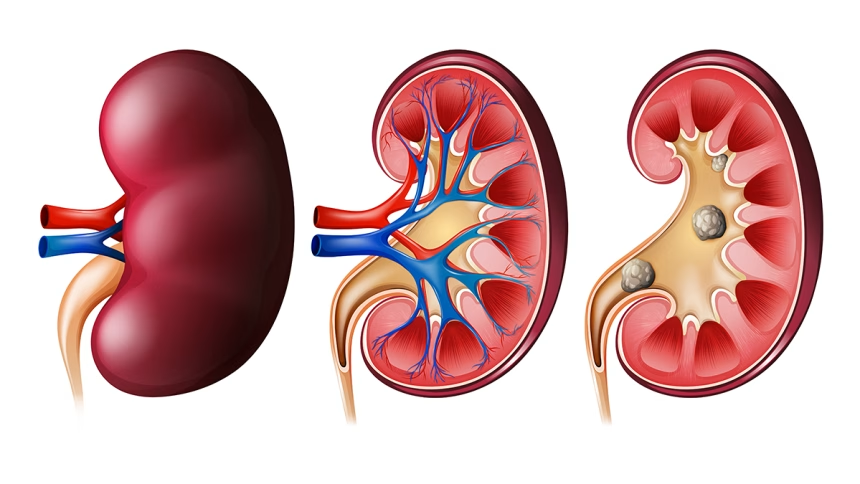The Oxalosis and Hyperoxaluria Foundation (OHF) has accepted UCSF Health into its OHF Care Center Network recognizing the health system’s dedication to providing high-quality medical care, resources, and education for patients with primary hyperoxaluria (PH), which is a genetic, and often severe, kidney disease.
UCSF Health is the fourth medical center to join the OHF Care Center Network, alongside the Mayo Clinic, Boston Children’s Hospital, and the University of Alabama. As an OHF Care Center, UCSF Health will maintain the latest clinical guidelines and best practices for diagnosis, treatment, and disease management, as well as provide ongoing access to clinical trials for rare stone disorders.
Also Read: Mayo Clinic Engineers Spearhead Next-Gen Cell and Gene Therapy Manufacturing
Primary hyperoxaluria is a rare genetic condition in which the liver produces too much oxalate — a chemical that, in excess, can cause recurrent kidney stones, nephrocalcinosis (calcium deposits in the kidneys), and progressive loss of kidney function. If left untreated, primary hyperoxaluria can lead to end-stage kidney disease, often requiring dialysis and, in many cases, a combined liver-kidney transplant.
Symptoms can appear as early as childhood, but adults who develop the disease can go undiagnosed for many years.
“Early symptoms in adults, such as kidney stones, are often attributed to other, much more common conditions,” said Matthew C. Breeggemann, MD, a nephrologist and co-medical director of UCSF’s Kidney Stone Prevention Clinic and OHF Care Center lead. “By recognizing symptoms faster, we can potentially stop progression before a patient develops chronic kidney disease and needs dialysis and a transplant.”
Along with biochemical assessments, Breeggemann advocates for increased access to genetic testing to facilitate early detection so that individualized care can be instituted promptly. Breeggemann and other UCSF specialists use management approaches for primary hyperoxaluria that aim to reduce stone formation, diminish deposits of calcium oxalate crystals in the kidneys, and improve kidney function.
“We are thrilled to officially welcome UCSF into the OHF Care Center Network,” said Kim Hollander, executive director of OHF. “They have a stellar reputation in primary hyperoxaluria care and research, and joining this network strengthens their collaborative relationship with OHF.”





















